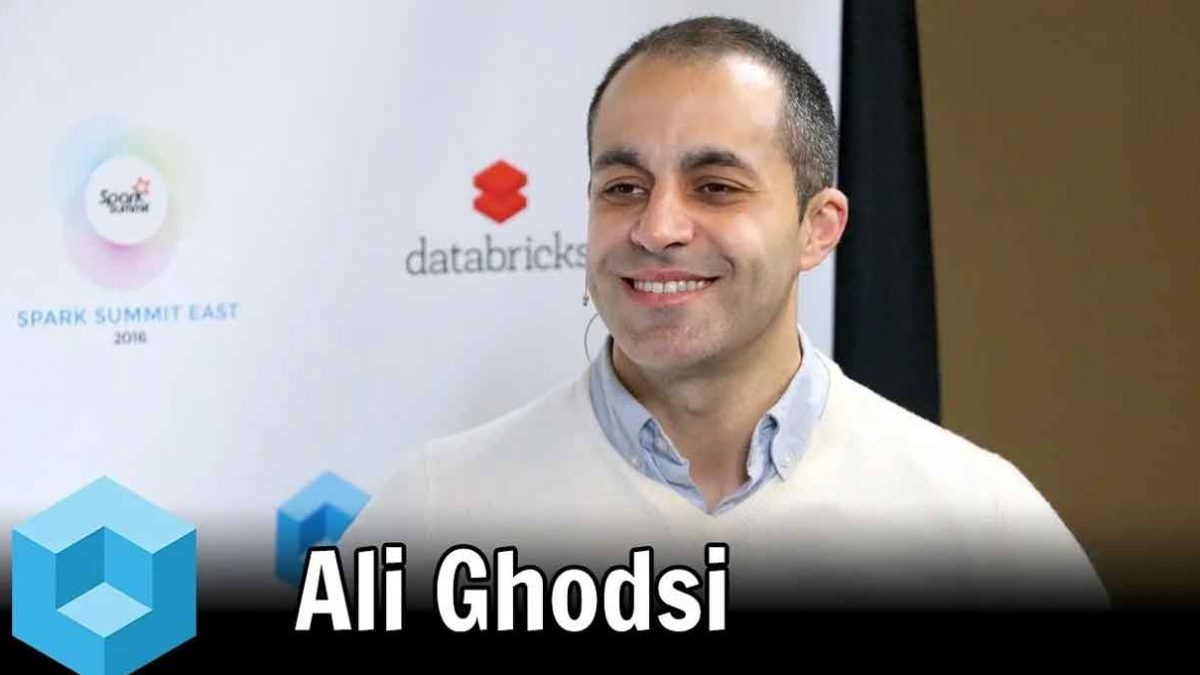
Not every waterfall is the same
February 10, 2024
Sophomore VC Fund Cattle Grid
February 24, 2024Databricks is one the most valuable US startups with a valuation of $43B. The company is positioned at the forefront of data and AI services, so when its CEO Ali Ghodsi speaks it is worth paying attention to. Here are some highlights from his recent interview at The Information.
On the commoditization of the foundation models: “The analogy I like to use is, when the internet came about…and people realized the massive potential it was going to have, there was huge amounts of investment that went into all kinds of startups. Then there was the burst of the bubble. In 1999, people were excited about routers and networking (indeed, Cisco became the most valuable company in the world in 2000), and it turned out that those were not that interesting for the internet later on, they were a commodity. I think the same thing will happen with foundation models [like OpenAI’s GPT-4] here. Over time, the value of those will go down to selling them at cost, pretty much”.
On the drop in GPUs prices: “Then there was this one vendor, Nvidia…and everybody rushed to get these GPUs. There’s been such crazy scarcity—but in the 2000s, there was a similar thing around bandwidth. It turned out that actually capitalism, supply and demand takes care of the problem and the price of bandwidth just plummeted and bandwidth was abundant everywhere. The same thing will happen with GPUs”.
On long live software engineers! “This technology [AI] is really augmenting humans. If you can more easily, more cheaply write software, then more people want to write software. So it’s a basic supply and demand argument, that there will be more software engineers as a result”.
On reps vs. enterprise sales: “I think maybe a job [where] quite a bit of augmentation can happen very quickly is sales development reps, the folks that send you email and call you, I think a lot of automation is going to happen. So it’ll be interesting to see what happens there with our inboxes and who’s going to be reading those inboxes in the future. Is it humans or someone else? But in enterprise sales, I don’t think there’s a big change. Why? Because ultimately, how do you get the big bank to buy software for $20, $30 million dollars from you? It’s a relationship thing”.
On small models: “I think we’re gonna see amazing small models that absolutely can be served on the edge, and you don’t even need specialized hardware to serve it really, you don’t need GPUs even to serve that. You’re gonna see that happen everywhere on all kinds of devices. Why? Because large language models are a [user interface] revolution … Imagine you want to have your own [AI] doctor. What goes into actually being able to do that, the data sets, the fine tuning…that’s a very specialized company that focuses on that. That’s not going to be the foundation model providers very likely. So that’s where I think it’s where the puck’s gonna go”.
Conclusion
On the AI investment roulette: “Apps [for consumers and businesses] will have a lot of value, but we just don’t know what it is right now. We could not have predicted Twitter, Facebook, Airbnb or Uber in 2000, even when the internet was obvious. But they did happen and actually became gigantic companies that were super valuable. So the question is, which ones are going to appear this time?”
Yes, nobody has this answer.
That’s why we are not investing in business AI apps at Fabrica Ventures; the risk-return tradeoff is simply not favorable.
Instead, we are investing in startups which are integrating AI in their already proven business models.




